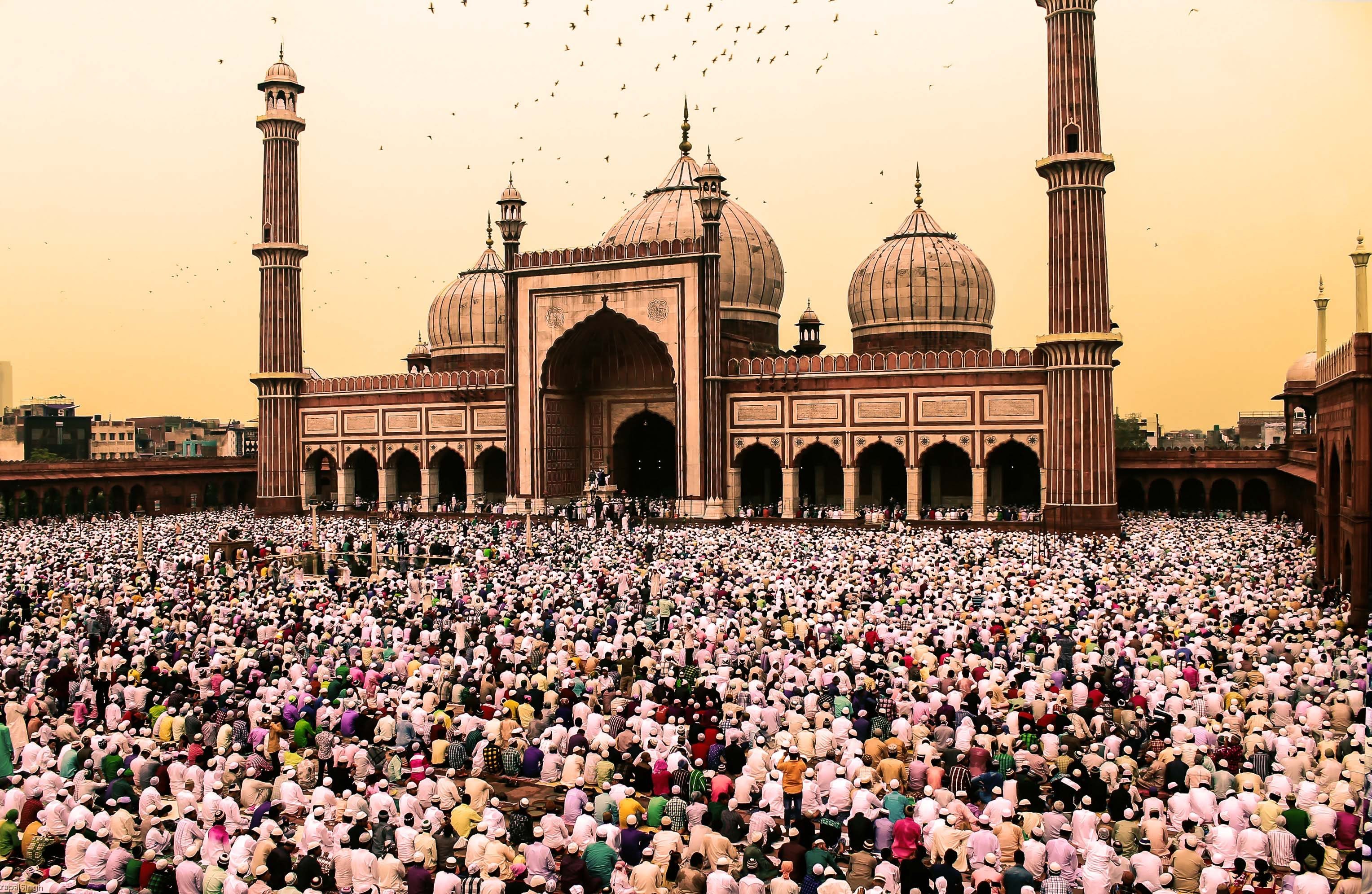Ramadan, the ninth month of the Islamic lunar calendar, is a sacred time of fasting, prayer, and reflection observed by over a billion Muslims worldwide. Lasting 29 or 30 days, depending on the sighting of the moon, the holiday is one of the Five Pillars of Islam and is a period dedicated to deepening one’s connection with God (Allah), cultivating self-discipline, and fostering compassion for those in need. This year, Ramadan will start on March 10 and end on April 9.
Fasting during Ramadan, or sawm, is the most significant practice. From dawn (Fajr) until sunset (Maghrib), Muslims abstain from eating, drinking, smoking, and sinful behavior. The pre-dawn meal is called suhoor, while the fast is broken with a meal called iftar, traditionally starting with dates and water, followed by larger, often communal, meals. Fasting serves as a spiritual detox, reminding Muslims of the blessings they enjoy while cultivating empathy for the less fortunate.
Beyond fasting, Ramadan is a time for increased devotion and reflection. Muslims engage in extra prayers, particularly the nightly Taraweeh prayers, and recite the Quran, which was first revealed to the Prophet Muhammad during this month. Many aim to complete the entire Quran during Ramadan, often reading a portion each day.
Acts of charity, or zakat, are also highly encouraged. Ramadan emphasizes generosity and kindness, reminding Muslims of their duty to help those struggling. Many give to charity, feed the hungry, or volunteer in their communities during this month.
After Ramadan, Muslims celebrate Eid al-Fitr, a festive holiday that marks the breaking of the fast. It is a time of joyous gatherings, feasting, and gratitude, signifying the spiritual growth achieved throughout the month.
Ultimately, Ramadan is a time of self-purification, spiritual reflection, and community, allowing Muslims to draw closer to God and one another.

